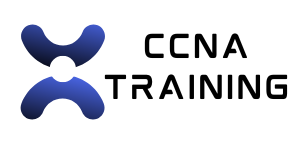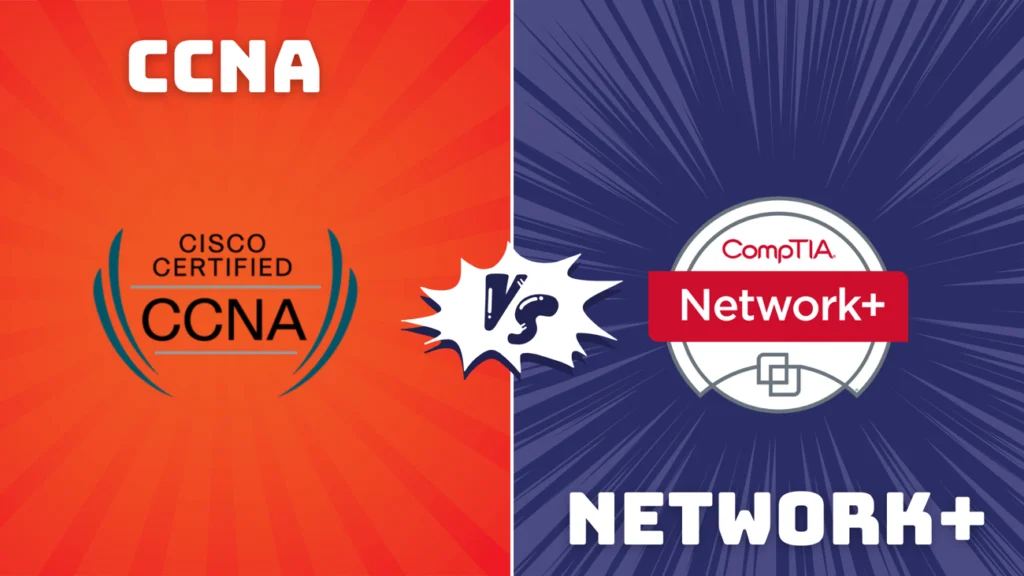Cisco network certification is a crucial step for anyone looking to establish a career in the field of networking. With the increasing reliance on technology and the internet, the demand for skilled network professionals has never been higher. Cisco, as a global leader in networking solutions, offers a range of certification programs that validate the skills and expertise of IT professionals. These certifications not only enhance your knowledge and understanding of networking technologies but also open up new career opportunities and increase your earning potential.
Obtaining a Cisco certification demonstrates to employers that you have the necessary skills and knowledge to design, implement, and manage Cisco networks. It also signifies your commitment to continuous learning and professional development in the rapidly evolving field of networking. Whether you are just starting out in your career or looking to advance to a higher level, Cisco certification can provide you with the credibility and recognition needed to stand out in the competitive job market. Additionally, Cisco certifications are recognized globally, which means that they can open doors to job opportunities not only in your local area but also in other countries around the world.
Key Takeaways
- Cisco network certification is important for advancing your career in the field of networking and IT.
- Choose the right Cisco certification path based on your career goals and interests, such as CCNA, CCNP, or CCIE.
- Prepare for Cisco certification exams by studying the official Cisco certification guides and taking practice tests.
- Master Cisco networking skills and technologies through hands-on experience and continuous learning.
- Cisco certification can help advance your career by opening up new job opportunities and increasing your earning potential.
Choosing the Right Cisco Certification Path
When it comes to choosing the right Cisco certification path, it’s important to consider your career goals, interests, and current skill level. Cisco offers certifications at different levels, including Entry, Associate, Professional, Expert, and Architect, each catering to specific job roles and levels of expertise. For those new to networking, the CCNA (Cisco Certified Network Associate) certification is a great starting point, as it covers the fundamentals of networking and is widely recognized by employers. If you have some experience in networking and want to advance to a higher level, the CCNP (Cisco Certified Network Professional) certification is a good option, as it focuses on more advanced networking concepts and technologies.
For those looking to specialize in a specific area of networking, Cisco also offers specialized certifications such as CCNA Security, CCNA Wireless, CCNP Data Center, and many others. These certifications allow you to develop expertise in areas such as security, wireless networking, data center technologies, and more. By choosing a certification path that aligns with your career goals and interests, you can ensure that you are gaining the skills and knowledge that are most relevant to your desired job role.
Preparing for the Cisco Certification Exams
Preparing for Cisco certification exams requires dedication, time, and effort. It’s important to start by familiarizing yourself with the exam objectives and topics that will be covered. Cisco provides detailed exam blueprints for each certification, outlining the specific skills and knowledge areas that candidates are expected to demonstrate proficiency in. Once you have a clear understanding of the exam objectives, you can begin studying using a variety of resources such as Cisco’s official study guides, online training courses, practice exams, and hands-on lab exercises.
In addition to self-study materials, it can be beneficial to join a study group or community of fellow certification candidates. This can provide you with support, motivation, and the opportunity to discuss challenging topics with others who are also preparing for the same exams. Hands-on experience is also crucial for success in Cisco certification exams, so be sure to practice configuring and troubleshooting networking devices in a lab environment. Finally, consider scheduling your exam well in advance and create a study schedule that allows you to review all exam topics thoroughly before the test date.
Mastering Cisco Networking Skills and Technologies
| Skills and Technologies | Metrics |
|---|---|
| Cisco Networking | 90% proficiency |
| Routing and Switching | 95% understanding |
| Network Security | 85% knowledge |
| Wireless Networking | 80% expertise |
Mastering Cisco networking skills and technologies is essential for success in obtaining Cisco certification. Cisco certifications cover a wide range of networking concepts and technologies, including routing and switching, security, wireless networking, data center technologies, and more. To become proficient in these areas, it’s important to gain hands-on experience working with Cisco networking equipment and software. This can be achieved through setting up a home lab environment or by taking advantage of virtual lab platforms that allow you to practice configuring and troubleshooting networking devices.
In addition to hands-on experience, staying up-to-date with the latest networking trends and technologies is crucial for mastering Cisco networking skills. This can be achieved by reading industry publications, attending networking events and conferences, participating in online forums and communities, and pursuing continuous learning through advanced Cisco certifications. By continuously expanding your knowledge and expertise in networking technologies, you can position yourself as a valuable asset to employers and advance your career in the field of networking.
Advancing Your Career with Cisco Certification
Obtaining Cisco certification can significantly advance your career in the field of networking. Whether you are looking to land your first job in IT or aiming for a promotion within your current organization, Cisco certification can open up new opportunities for career growth and advancement. Employers value candidates who hold Cisco certifications as they demonstrate a commitment to professional development and a high level of expertise in networking technologies. With a Cisco certification on your resume, you can stand out from other candidates and increase your chances of securing job interviews and job offers.
In addition to increasing your job prospects, Cisco certification can also lead to higher earning potential. According to Cisco’s website, certified professionals can earn significantly higher salaries compared to their non-certified counterparts. This is because Cisco certifications validate your skills and expertise in networking technologies, making you more valuable to employers. Furthermore, Cisco certifications are recognized globally, which means that they can open doors to job opportunities not only in your local area but also in other countries around the world.
Maintaining Your Cisco Certification

Once you have obtained a Cisco certification, it’s important to maintain it by staying current with the latest technologies and recertifying when necessary. Cisco certifications are valid for three years, after which you will need to recertify by passing a recertification exam or by completing continuing education activities. This ensures that certified professionals stay up-to-date with the latest networking technologies and continue to demonstrate their expertise in the field.
To maintain your Cisco certification, consider pursuing advanced certifications or specialized certifications that build upon your existing knowledge and skills. Additionally, stay informed about industry trends and best practices by reading industry publications, attending webinars and workshops, and participating in networking events. By staying proactive about your professional development, you can ensure that your Cisco certification remains relevant and valuable throughout your career.
Tips for Success in Obtaining Cisco Certification
Obtaining Cisco certification requires dedication, hard work, and strategic planning. To increase your chances of success, consider the following tips:
1. Set clear goals: Define your career goals and choose a certification path that aligns with your aspirations.
2. Create a study plan: Develop a study schedule that allows you to cover all exam topics thoroughly before the test date.
3. Utilize multiple resources: Take advantage of official study guides, online training courses, practice exams, hands-on lab exercises, and study groups.
4. Gain hands-on experience: Practice configuring and troubleshooting networking devices in a lab environment to reinforce your understanding of networking concepts.
5. Stay informed: Stay up-to-date with the latest networking trends and technologies by reading industry publications and participating in online forums and communities.
6. Join a study group: Join a study group or community of fellow certification candidates for support, motivation, and the opportunity to discuss challenging topics.
7. Schedule your exam well in advance: Plan ahead and schedule your exam well in advance to give yourself enough time to prepare thoroughly.
By following these tips and staying committed to your professional development, you can increase your chances of success in obtaining Cisco certification and advancing your career in the field of networking.
FAQs
What is Cisco network certification?
Cisco network certification is a professional certification program offered by Cisco Systems, Inc. It is designed to validate the skills and knowledge of IT professionals in the field of networking.
What are the different levels of Cisco network certification?
Cisco offers three levels of certification: Entry, Associate, and Professional. Each level has different tracks and specializations, such as Routing and Switching, Security, and Wireless.
What are the benefits of obtaining Cisco network certification?
Obtaining Cisco network certification can lead to career advancement, increased job opportunities, and higher earning potential. It also demonstrates a commitment to professional development and expertise in networking technologies.
How can I prepare for Cisco network certification exams?
There are various resources available for exam preparation, including official Cisco training courses, study guides, practice exams, and online forums. Hands-on experience with Cisco networking equipment is also beneficial.
Are there any prerequisites for obtaining Cisco network certification?
Prerequisites for Cisco network certification vary depending on the specific certification track. Some certifications may require candidates to have certain levels of experience or to pass prerequisite exams.
How long is Cisco network certification valid for?
Cisco network certification is valid for three years. To maintain certification, individuals must recertify by passing a recertification exam or by completing continuing education credits.













